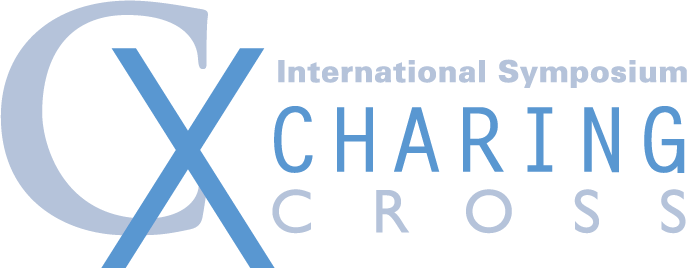About CX
The Charing Cross Symposium (CX) first took place in 1978 at Charing Cross Hospital, Hammersmith, London, and has gone on to become the leading global vascular symposium.
London (UK) has been the host city of CX ever since its inception. Until 1998, the symposium was held at Charing Cross Hospital, it has since been held at iconic London locations including Imperial College, Olympia London’s National Hall, Olympia London’s Grand Hall and the Hilton London Metropole. CX 2024 will be moving to a new venue, ExCeL London!
CX has grown exponentially since its beginning in 1978, with the first Charing Cross Symposium welcoming 100 guests, now welcoming thousands of guests and hosting a second annual event CX Aortic Vienna which is in its 3rd year. Now in it’s 46th year, CX hopes to welcome over 4,000 experts, educators and enthusiasts both in-person and online.
CX Mission
The Charing Cross Symposium raises vascular and endovascular controversies so that a world-class faculty challenges the available evidence in order to reach a consensus after discussion with an expert audience. This forms a three-year cycle. Controversies will be discussed in 2024, ringing in the beginning of a new three-year cycle.
CX Programme and Format
All Charing Cross Symposia are distinguished by a unique and logical programme, which focuses on identifying evidence for optimal vascular disease management from head to toe, catering for all vascular specialists.
Debate and emphasis on interaction with an expert audience are key aspects of the CX’s style. Education, Innovation and Evidence are CX core values.
Short presentations and time keeping are key characteristics of the CX sessions; these enable the right time for comments and questions by the audience.
At the sessions, there is a chairman who monitors time, encourages audience and speaker interaction and conducts the discussion; there is also a moderator who assists the chair with questions to and from the audience.


